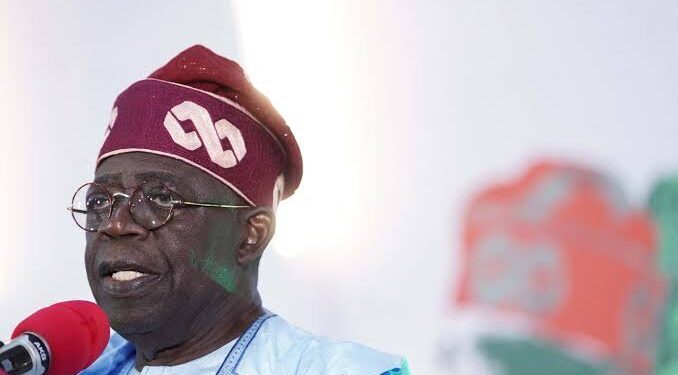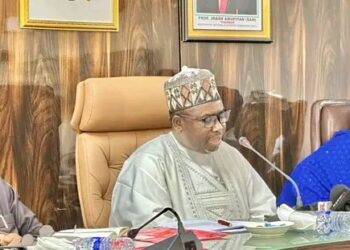The Federal Government said the introduction of the sale of crude oil in Naira was a strategic move to enhance operational efficiency of local refineries by reducing foreign exchange risks and transaction costs.
President Bola Tinubu made this known on Tuesday, while officially declaring the eight edition of the Nigeria International Energy Summit (NIES 2025) open in Abuja.
The 2025 summit has its theme as “Bridging Continents: Connecting Investors Worldwide with Africa’s Energy Potential”.
Represent by Dr Doris Uzoka-Anite, Minister of State for Finance, Tinubu said the move had also fostered a stronger and more stable domestic market.
“In order to ensure that the local refineries are very competitive, thereby lowering the cost of the retail price of petroleum products for our populace, we introduced the sale of crude oil in Naira.
“By denominating crude sales in Naira, we are supporting the local currency and creating a more resilient economy.
“This initiative is expected to result in more affordable petroleum products for our citizens, ultimately improving their standard of living and stimulating economic growth.
“This is also going to alleviate the effects of the fuel subsidy removal,” the President said.
He said in 2025, the country had continued witnessing a renaissance in the oil and gas sector, characterised by transformative initiatives and significant milestones.
He said for close to two years, his administration had remained resolute in driving reforms and milestones in Nigeria’s energy sector and the economy at large.
He said these reforms, including the removal of the fuel subsidy and Forex liberalisation which were two main reforms of the administration in the first year had liberalised the economy, making it an investment destination of choice.
Highlighting some key achievements that positioned the economy as a global energy powerhouse, he said Nigeria’s selection as a host country for the headquarters of the African Energy Bank was a historic milestone in the sector.
He said the achievement reaffirmed Nigeria’s leadership in Africa’s energy landscape and commitment to driving sustainable development across the continent.
“By securing this prestigious institution, we have positioned Nigeria as the hub for energy financing, fostering investment, innovation and job creation.
“This milestone underscores our dedication to energy security, economic growth and regional cooperation, ensuring a brighter, more prosperous future for all Nigerians and Africans.
“We have also issued far-reaching executive orders that have seen a return of investment into our oil and gas sector.
“In the upstream sector, we have witnessed increased crude oil production owing to strategic interventions in security, development and investment incentives,” the President said.
He said the inauguration of the Presidential Executive Order on Oil and Gas Sector Reforms also streamlined processes, fast-tracked licensing rounds and encouraged indigenous participation that were fostering local content development.
“We have seen increasing investment announcements and innovative ways to support the oil and gas sector and we are open to receiving more of such exciting announcements,” he added.
Tinubu, while expressing determination towards completion and operationalisation of key gas infrastructures, including the Ajaokuta Kaduna Kano Gas Pipeline Project, said it would strengthen the capacity to supply clean energy to industries and households.
He said the implementation of the Presidential Compressed Natural Gas Initiative (P-CNGI) was also transforming the transportation sector, reducing dependence on one single source of fuel, which used to be fuel.
According to him, the administration is currently implementing series of comprehensive reforms in the fiscal and tax policies aim to create more business-friendly environment and attract both local and international investments.
He said by simplifying the tax regulations, offering incentives and ensuring a more transparent and predictable fiscal framework, the reforms aimed to remove barriers to entry and support the growth of businesses in Nigeria.
These measures, he said would not only make it easier for companies to invest and operate in the country, but also to stimulate economic development, growth and prosperity of our nation.
He said with the coming on stream of the Port Harcourt and Warri refineries, the country had more refining capacity to process crude and also deliver these products at a cheaper cost to Nigerians.
“We are actively developing a hydrogen policy to attract investors and integrate hydrogen in our energy mix,” he said.(NAN)











